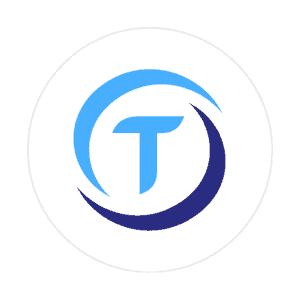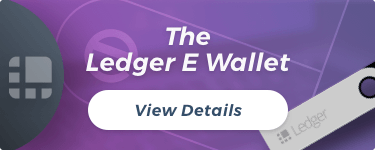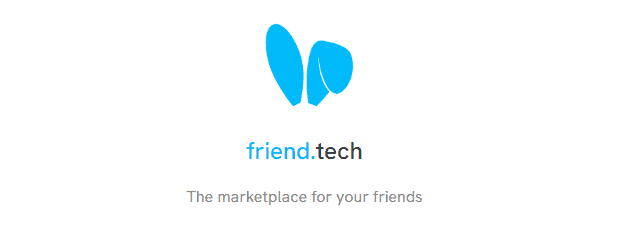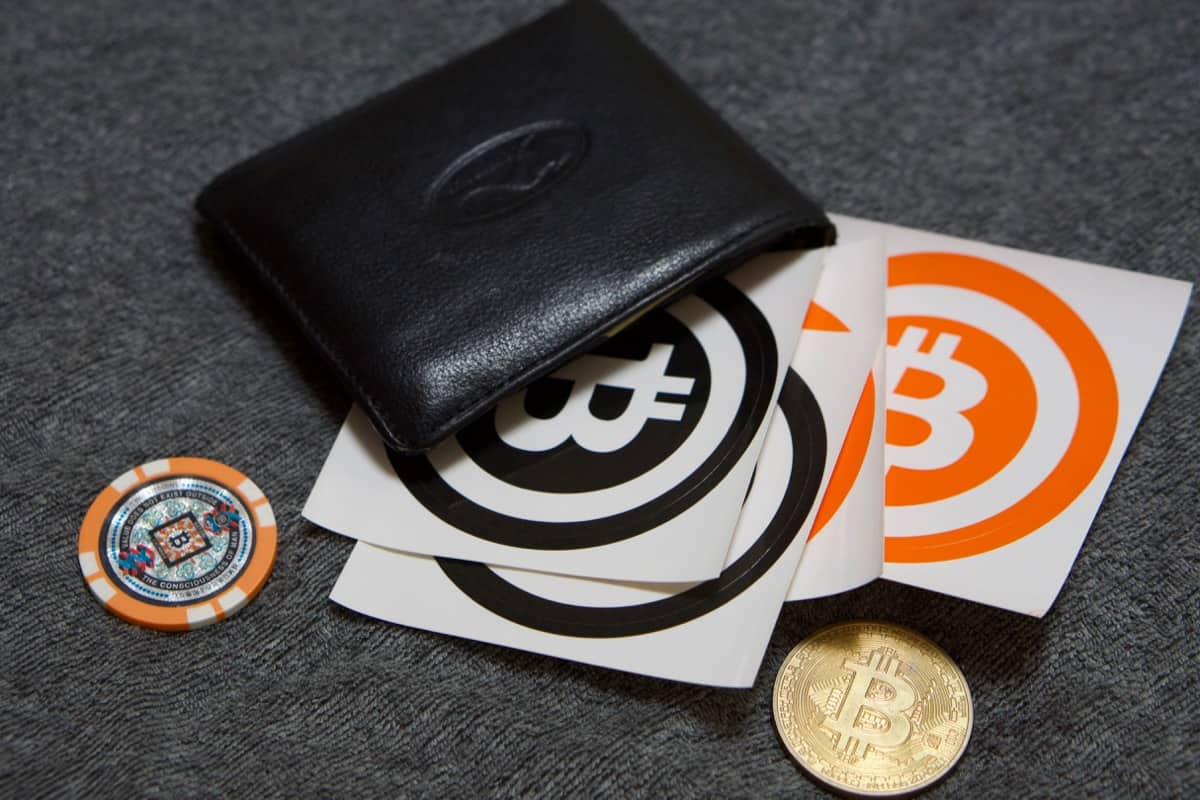
Flux (FLUX)
| Market Cap | Volume | Last Trade |
|---|---|---|
Flux Details
| Built On | Launch Date | Proof Type | Max Supply | Circulating Supply | Website |
|---|---|---|---|---|---|
| 0 | 0 | NO | Platform | Block Reward | Block Time | Block Number | Net Hashes Per Sec | Flux |
| 0 | 0 | Trade |
Flux (FLUX) price today is $0.0000000 USD. Trading volume was 0.00 FLUX in the last 24 hours. Current market cap of Flux is $0 USD. Flux has a circulating supply of 0 FLUX coins out of a maximum supply of 0 FLUX coins.
An In-Depth Look at Flux (FLUX)
What is Flux (FLUX) and how does it work?
Flux (FLUX) is a unique cryptocurrency project that aims to bring decentralization to the world by providing a scalable and decentralized structure for running computations. It offers a platform where developers can deploy and run applications in a fully decentralized manner, thereby providing a solution to the issues of privacy, freedom, and cost efficiency plaguing the centralized web services.
Overview
Flux was initially launched on 2nd August 2018, under the name ZelCash, as a privacy-preserving digital currency. However, the project eventually evolved into a fully-fledged computational network that could host dApps (Decentralized Applications), DeFi projects, and various services. In 2021, it was rebranded to Flux, with its native token being FLUX.
A key feature of Flux is that it uses a tiered node structure, which ensures that the network remains fully decentralized while simultaneously providing scalability. These nodes, known as FluxNodes, are the backbone of the Flux ecosystem and play a crucial role in maintaining and securing the network, while also providing computational power for dApps and services.
Technical Aspects
Flux operates on a proof-of-work (PoW) consensus mechanism, similar to Bitcoin, where miners compete to solve complex mathematical problems, with the first one to solve the problem being rewarded with FLUX tokens. This provides a level playing field for all participants and ensures the security and integrity of the network.
Flux also employs zkSNARKs (Zero-Knowledge Succinct Non-Interactive Argument of Knowledge) technology for transaction privacy. This cryptographic method allows one party to prove to another that a statement is true, without conveying any additional information apart from the fact that the statement is indeed true.
Moreover, Flux has released its own decentralized exchange (DEX), known as FluxSwap, which allows users to swap between different cryptocurrencies directly from their wallet. This further contributes to the ecosystem's self-sufficiency and decentralization.
Team
The Flux project is led by a team of dedicated and passionate individuals who believe in the power of decentralization. The founder of Flux is Daniel Keller, a seasoned entrepreneur with a strong background in blockchain technology and cybersecurity. He is supported by a team of experienced professionals in the areas of software development, marketing, and business development.
Flux also has a strong community of supporters and contributors who help in various aspects of its development and promotion. The project has been self-funded to date, with no initial coin offering (ICO) or private sales. It operates under a decentralized autonomous organization (DAO) structure, where decisions are made collectively by the community.
In conclusion, Flux represents a significant step forward in the world of decentralized computing. By providing a scalable and secure platform for running dApps and services, it offers a viable alternative to the centralized web services that currently dominate the internet. The future of Flux looks promising as it continues to develop and expand its ecosystem, with plans to integrate more services and features in the near future.
How Does Flux (FLUX) Make Money?
Flux (FLUX) is a unique decentralized computational network that enables users to monetize their computer's processing power. The platform makes money through various avenues, which we will discuss in the following subsections.
Transaction Fees
One of the primary ways Flux makes money is through transaction fees. Every time a user executes a transaction on the Flux network, a small fee is charged. These fees, although minimal, add up over time as the number of transactions on the network increases, providing a steady revenue stream for the platform.
Staking Rewards
Flux also generates income through staking. In the world of cryptocurrencies, staking refers to the process of participating in the operation of a proof-of-stake (PoS) blockchain network. By staking their FLUX tokens, users can earn additional tokens as rewards. This mechanism encourages more users to hold and stake their FLUX tokens, thus increasing the overall value and liquidity of the token.
Node Operation
Another contributing factor to Flux's revenue generation is the operation of nodes. The Flux network relies on user-operated nodes to process transactions and secure the network. Node operators are required to stake a certain amount of FLUX tokens to run a node, and in return, they receive compensation in the form of FLUX tokens.
How Can I Make Money with Flux?
Investing in or utilizing FLUX can potentially be a profitable venture due to its unique approach to decentralized computing. Below are some of the ways you can earn money with Flux.
Investing in FLUX Tokens
The most straightforward way to make money with Flux is by purchasing FLUX tokens and holding them as a long-term investment. As the value of the Flux network grows, so too does the value of FLUX tokens. This growth in value can lead to substantial returns for investors who buy early and hold onto their tokens.
Staking FLUX Tokens
As mentioned earlier, Flux operates on a PoS consensus mechanism. This means that by staking your FLUX tokens, you can participate in the network's operation and earn rewards. Essentially, you're earning interest on your held tokens, providing a steady stream of passive income.
Running a Node
If you have the technical know-how, you can also make money by operating a node on the Flux network. Node operators are rewarded with FLUX tokens for their participation in securing the network and processing transactions. However, running a node requires an initial investment of FLUX tokens and some understanding of how blockchain networks operate.
Renting Out Computer Resources
Lastly, Flux allows users to rent out their unused computing resources (CPU, GPU, and storage) in exchange for FLUX tokens. If you have a powerful computer that's often idle, you can use Flux to put it to work and earn some income.
In conclusion, Flux offers multiple avenues for both the platform and its users to generate revenue. Its unique approach to monetizing unused computing resources provides a value proposition that's attractive to both crypto enthusiasts and everyday computer users. As with any investment, potential investors should do their own research and understand the risks involved before diving in.
How Can I Buy Flux (FLUX)?
Flux, previously known as ZelCash, is a decentralized computational network that allows users to deploy applications on its network. Buying Flux is a straightforward process that can be undertaken on a number of cryptocurrency exchanges, with Binance being one of the best options.
Create an Account on Binance
To start, you'll need to create an account on Binance. The process is simple and intuitive, requiring you to provide an email address, create a password, and agree to the terms and conditions. Once you've filled in the required information, you'll receive an email for confirmation.
Verify Your Account
After creating your account, the next step is to verify it. This process is in place to ensure your security and the legality of transactions. Verification involves providing proof of identity, such as a driver's license or passport. The verification process may take a few hours to a few days, depending on the volume of requests.
Secure Your Account
Securing your Binance account is crucial to safeguard your investments. Enable two-factor authentication (2FA) for an additional layer of security. This can be done using Google Authenticator or SMS-based authentication.
Deposit Fiat Or Cryptocurrency
Once your account is secured, you can deposit funds. Binance supports deposits in many major fiat and cryptocurrencies. If you're depositing cryptocurrency, make sure it's a type that Binance supports. If you're depositing fiat, you'll need to go through a different process, such as bank transfer or credit card payment.
Buy Flux (FLUX)
With funds in your account, you're ready to buy Flux. Navigate to the market that matches your deposited currency (e.g., FLUX/BTC if you deposited Bitcoin) and place your order. You can choose to buy at market price for an instant purchase, or set a limit order to buy Flux when it reaches a certain price.
Store Your Flux in a Secure Wallet
After purchasing, it's essential to store your Flux in a secure wallet. Keeping your Flux on an exchange leaves it vulnerable to hacks. A variety of wallets support Flux, including Ledger and Trezor hardware wallets, as well as Trust Wallet and Atomic Wallet for mobile and desktop.
For a more detailed guide on how to buy Flux, you can visit Datacoinz.
What are the Best Wallets for Flux?
After acquiring Flux, you should store it in a secure wallet to protect your investment. Wallets for Flux come in different forms, including hardware wallets, desktop wallets, and mobile wallets.
Ledger
The Ledger hardware wallet, specifically the Ledger Nano S and Ledger Nano X, supports Flux. This wallet is renowned for its security measures, including a secure chip that isolates your private keys.
Trezor
Trezor is another reputable hardware wallet that supports Flux. Offering two models, Trezor One and Trezor Model T, this wallet is known for its strong security, user-friendly interface, and open-source software.
Trust Wallet
For mobile users, Trust Wallet is a smart choice. It's a mobile wallet for iOS and Android that supports Flux, and is highly secure, user-friendly, and versatile.
Atomic Wallet
Atomic Wallet is a desktop and mobile wallet that supports Flux. It offers a wide range of features, including in-app buying and selling, staking, and a clean user interface.
These wallets each offer their unique features and levels of security, but all provide a good option for storing your Flux securely.
How Can I Find More Flux (FLUX) News
In the rapidly evolving world of cryptocurrency, staying informed about your investments is crucial. If you're interested in Flux (FLUX), there are several resources you can use to keep up-to-date.
Flux Website
Get an in-depth look at Flux right from the source at the Flux official website. You can find information about the project's roadmap, team, partnerships, and more. The website is regularly updated with the latest developments and announcements.
Flux Whitepaper
For a more technical and comprehensive understanding of Flux, the Flux Whitepaper is an essential read. It provides detailed information on the project’s technology, design, and future plans. It's a great resource for both new and experienced investors who want to understand the core principles and goals of Flux.
Flux Twitter
In the fast-paced world of crypto, Twitter is often the go-to source for real-time updates. Follow Flux on Twitter to get news, updates, and insights directly from the team. It's also a great way to engage with the Flux community and stay on top of trending discussions.
Flux Reddit
Reddit is known for its vibrant and active crypto communities. The Flux official subreddit is a hub for discussions, questions, speculations, and news about Flux. You can engage with other Flux enthusiasts, share your thoughts, and get help from the community.
Coins Similar To Flux (FLUX)
While Flux is a unique project, there are other cryptocurrencies in the market that offer similar functionalities. If you're interested in Flux, you might want to check out these other coins.
Siacoin
Siacoin is a decentralized cloud storage platform that uses blockchain technology to provide secure and affordable storage services. Like Flux, it's a project that aims to leverage the power of blockchain for practical applications. Visit the link to learn more about Siacoin.
Golem
Golem is a global, open-source, decentralized supercomputer that anyone can access. It's made up of the combined power of users' machines, from personal laptops to entire data centers. If you're interested in decentralized computing solutions like Flux, Golem might catch your interest.
Storj
Storj is another decentralized cloud storage network that aims to make data storage more secure, private, and efficient. It's a peer-to-peer network where users can rent out their excess storage capacity. Explore more about Storj to see how it compares to Flux.
Arweave
Arweave is a new type of storage that backs data with sustainable and perpetual endowments. It allows you to store data permanently. If you're intrigued by the long-term data storage solutions offered by Flux, Arweave is worth checking out.
Each of these coins has its own unique features and offerings. Exploring them can provide a broader perspective on the capabilities of blockchain technology and how it's being used to revolutionize various industries.
Flux Markets
| Rank | Exchange | Country | Coin Types | Fees | Trade |
|---|---|---|---|---|---|
| 1 |
 Crypto.com
Crypto.com
|
Hong Kong | 287 Currencies including FLUX | 0.04% - 0.4% | More info |
| 2 |
 Binance
Binance
|
Cayman Islands | 366 Currencies including FLUX | 0,10% | More info |
| 3 |
 Coinone
Coinone
|
South Korea | 212 Currencies including FLUX | 0.04% - 0.4% | More info |
| 4 |
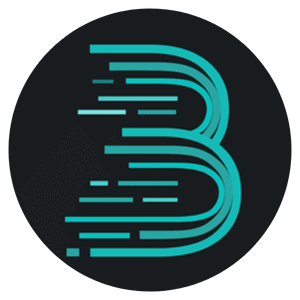 BitMart
BitMart
|
Cayman Islands | 723 Currencies including FLUX | 0.04% - 0.4% | More info |



